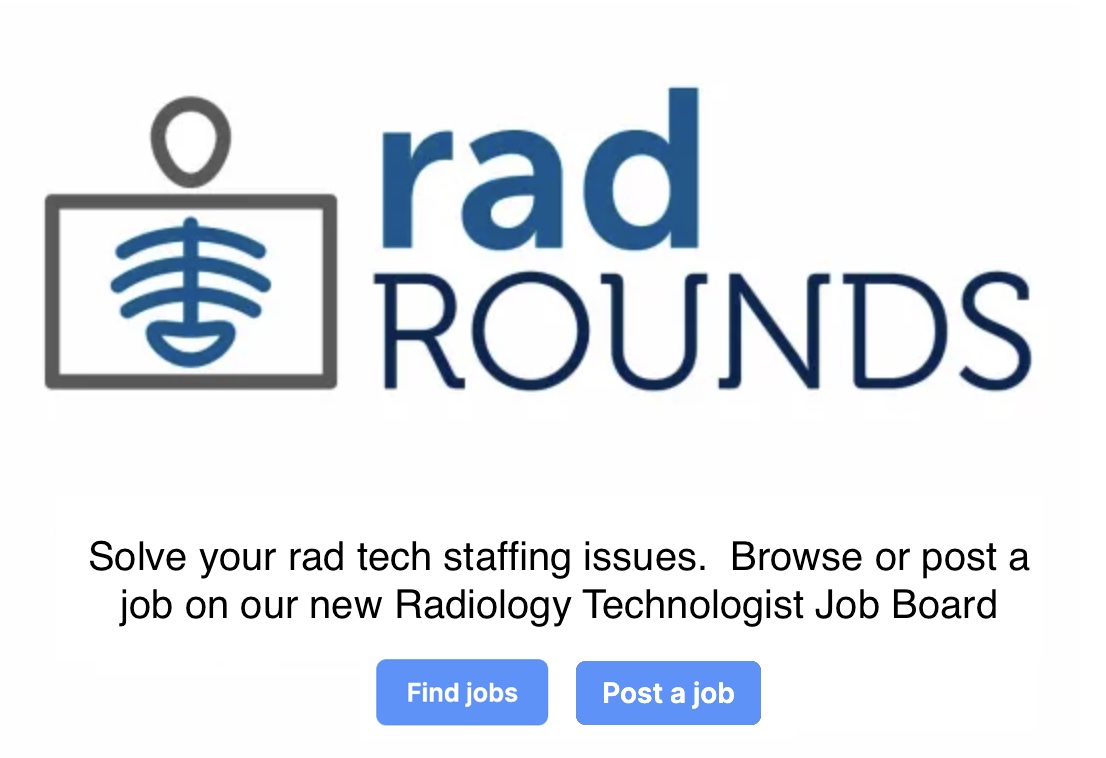A new artificial intelligence-based system out of the University of Warwick identifies time-sensitive chest scans that need to be prioritized, according to a study recently published in Radiology.
Due to the radiologist shortage in the United Kingdom, hospitals are struggling with timely image readings. In emergency departments, scans can take from one hour to two business days to be processed. Chest scans account for a significant portion of a radiologist’s workload, and according to EureakAlert, they make up 40 percent of all “diagnostic imaging worldwide.”
A new AI technology aims to diminish exam backlog and prioritize x-rays with critical and time-sensitive findings. Researchers developed a deep learning system using 470,388 adult chest x-rays. Scans were labeled and fed into Natural Language Processing (NLP) algorithm, which divvied them into various categories including “critical,” “urgent,” “non-urgent,” or “normal.”
“The NLP goes well beyond pattern matching,” said co-study author Giovanni Montana, PhD. “It uses AI techniques to infer the structure of each written sentence; for instance, it identifies the presence of clinical findings and body locations and their relationships. The development of the NLP system for labeling chest X-rays at scale was a critical milestone in our study.”
The system was then tested on 15,887 images and was highly accurate in differentiating abnormal scans from normal ones. They found that on average, critical images were reviewed by an expert radiologist in 2.7 days, compared to the usual 11.2-day wait it takes for them to be analyzed. The researchers plan on expanding their study samples and implementing more complex algorithms to increase accuracy.













